Acupuncture has long been used to treat ailments such as muscle pain, menstrual cramps, and headaches and migraines. Recently, this traditional form of Chinese medicine — which involves inserting very thin needles into skin at key points in your body — also has been touted for its dermatologic benefits. We’ve seen celebs including Kim Kardashian and Gwyneth Paltrow claiming that facial acupuncture made their skin tighter, brighter, and less inflamed.
But can the ancient practice go beyond the cosmetic and clear up your skin? Research suggests it can. Research and clinical studies cited by the National Library of Medicine (NIH) indicate it’s safe and effective at treating a number of skin ailments, and note instances of increased blood flow, reduced inflammation, and decreased wound size in test subjects. Additionally, they say that acupuncture may be an option with fewer side effects than traditional acne treatments. So, if you’ve tried all the latest fads — from witch hazel to skin cycling — and aren’t thrilled with the results, you might want to give acupuncture a try.
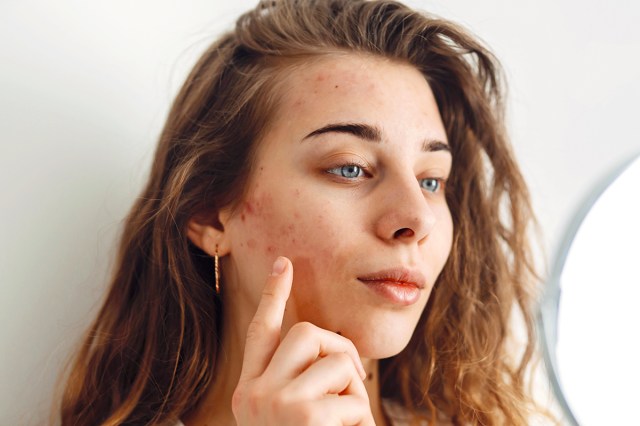
Acupuncture Is Effective at Treating a Number of Skin Conditions
Luriko P. Ozeki, L.Ac, a licensed acupuncturist in Los Angeles, says that she’s seen patients from babies to seniors benefit from dermatologic acupuncture treatments. “Acupuncture, and in particular, custom Chinese herbal medicine, is excellent at treating many kinds of skin ailments, from the acute to chronic,” Ozeki says. Acne, eczema, alopecia, psoriasis, hives, and fungal infections are a few of the difficult-to-treat conditions that she says can be treated with acupuncture.
As she describes it, the treatment consists of inserting needles into areas surrounding the lesion/skin issue, while also inserting needles in other parts of the body to reduce inflammation from the site, ideally improving lymphatic drainage and promoting better flow of blood, fluids, and qi (which, in Chinese medicine, is considered your life force or vital energy).
Ozeki, who lists pediatric dermatology and women’s autoimmune conditions among her specialties, says being a practitioner trained in dermatology is beneficial both for treatment and for finding out the cause of the problem. “[We] understand this underlying risk in unresolved skin issues, so we work with the patient to go into the root cause of the inflammation and weakness,” she says. “By the end of the treatment period, ideally the skin is not only nonreactive, but actually vibrant, healthy, resilient.”
Keeping your skin healthy also includes reducing stress in your body. Dr. Brooke Jeffy, M.D., a board-certified dermatologist in Arizona and founder of the youth skincare brand BTWN, believes treating that stress is key. “I think acupuncture can be an effective modality to reduce body-wide stress, which certainly may be beneficial to dermatologic conditions that are influenced by stress,” she says. “Many dermatologic conditions are exacerbated by stress — acne, alopecia, psoriasis, and seborrheic dermatitis, to name a few.”
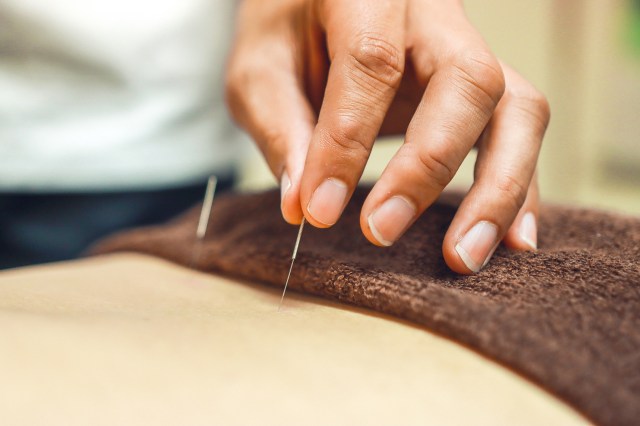
Acupuncture Is Generally Well Tolerated
Does the idea of having needles poked into your face make you uneasy? The amount — if any — of pain you experience depends on some different factors. “Acupuncture usually does not hurt,” Ozeki says. “Although if inserted in certain acupuncture points where there is a lot of stuck energy, it can generate a release sensation that the patient recognizes. Women can also feel more sensitive with needling when they are menstruating because the woman’s body is ‘open’ for the menstrual blood to flow out of the body.” She adds that if you are feeling pain during your visit, mention this to your practitioner — they can change the gauge (thickness) of the needle. Or, she says, you may need to seek out the care of another acupuncturist.
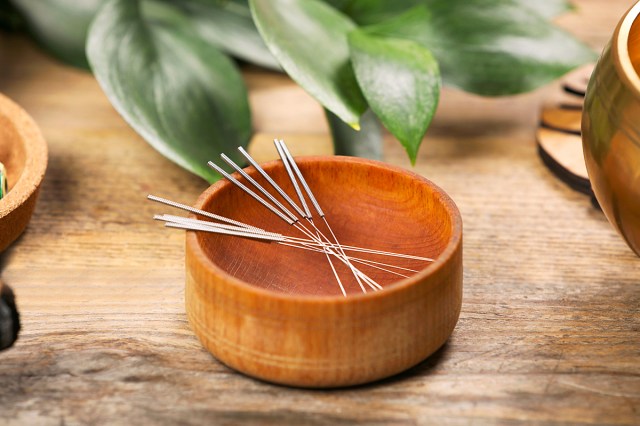
Choose Your Practitioner Carefully
As far as safety, the risk of infection is low if you have a competent, certified acupuncturist using sterile, or now commonly used single-use, disposable needles, according to the Mayo Clinic. Experts do strongly recommend that you inform your practitioner beforehand if you are pregnant, have a pacemaker, or are experiencing any other health issues that may put you at risk for treatment. Additionally, the Cleveland Clinic points out that acupuncture needles are regulated by the U.S. Food and Drug Administration (FDA), which requires that all needles be steel, solid, sterile, nontoxic, and properly labeled — further emphasizing the importance of finding a certified practitioner with sound practices.
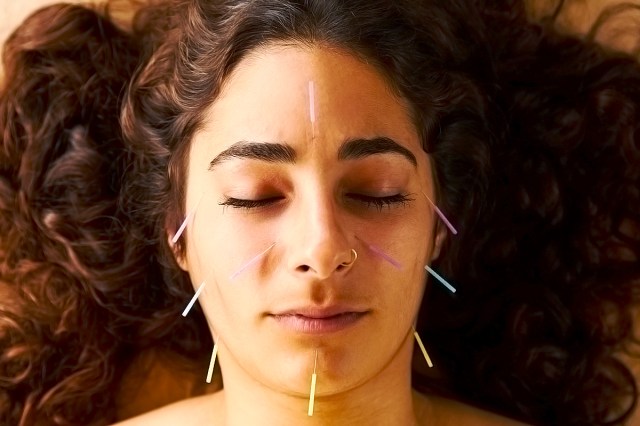
A Winning Combo: Acupuncture + Other Holistic Treatments
Dr. Jeffy believes that acupuncture is effective when used in conjunction with other forms of holistic care. “I am not convinced that acupuncture alone would completely manage a stress-exacerbated dermatologic condition, but I certainly believe in a holistic approach to care to reduce the need for medications and promote overall health,” she says.
Ozeki is of the same mind, and recommends a combination of acupuncture and Chinese herbs.
“While acupuncture helps to clear skin by reducing inflammation and improving proper blood, fluids, and qi flow, it is custom Chinese herbal formulations… prescribed by trained Chinese medicine dermatology specialists which are the true powerhouses in treating skin conditions,” she says. “Custom herbs have the ability to do what acupuncture does but in a more sustained, targeted, daily way to start addressing the internal chemistry of the body and skin to start clearing the skin.”
Ozeki saw firsthand how utilizing acupuncture and herbal elixirs can have a profound effect on skin conditions; she experienced alopecia on her scalp and later hives, due to the stress of going through Chinese medicine training, her licensing exam, and planning her wedding all at the same time. “My bald spot grew back completely after three months of regular acupuncture and Chinese herbal care,” she recalls. “My acupuncturist treated me with acupuncture and custom Chinese herbs, and the hives resolved themselves in about two months.”
This article is for general informational purposes only.
Affiliate Disclaimer Medical Disclaimer



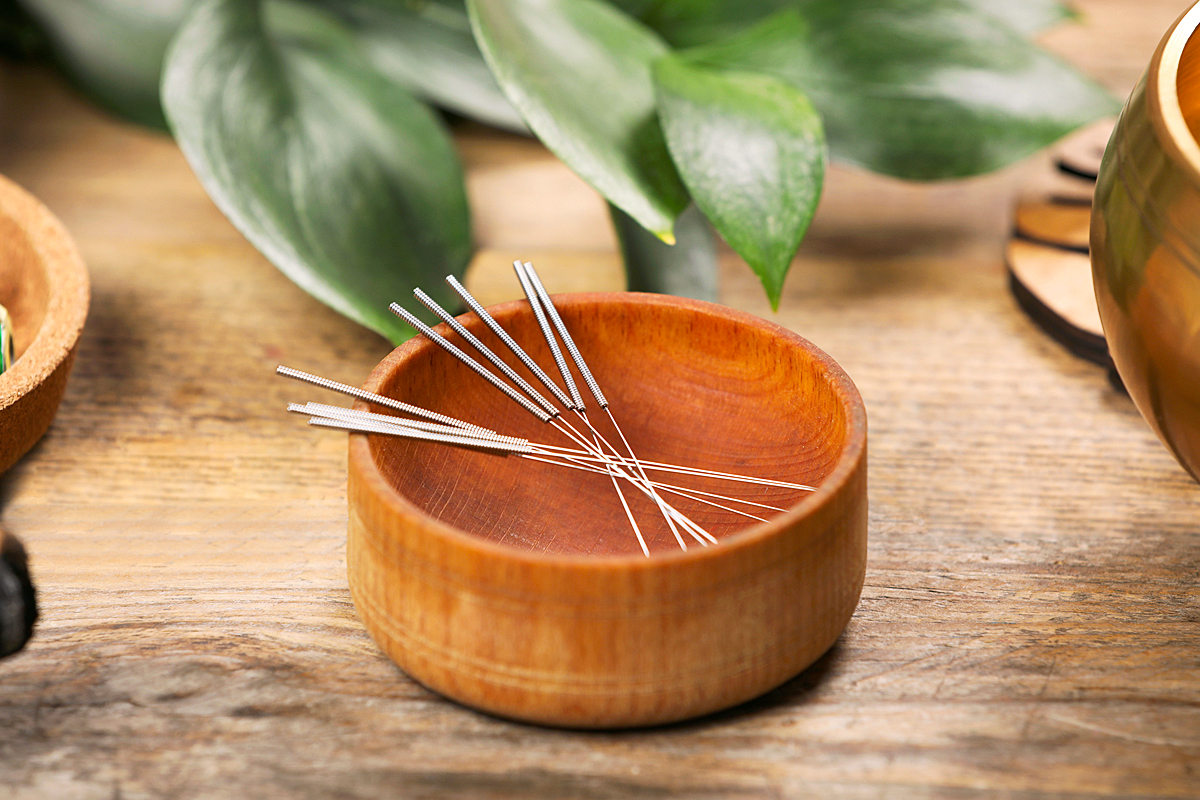
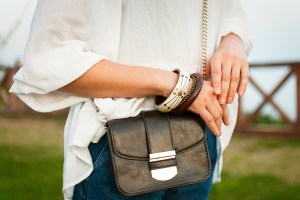





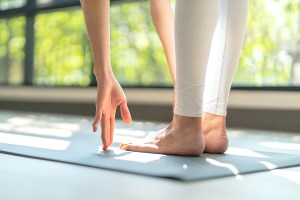


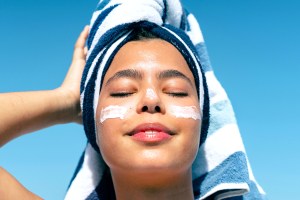
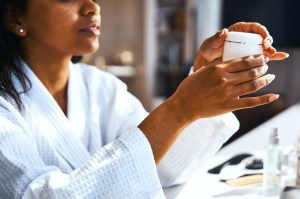

 Unique Beauty is free for all users.
Unique Beauty is free for all users.